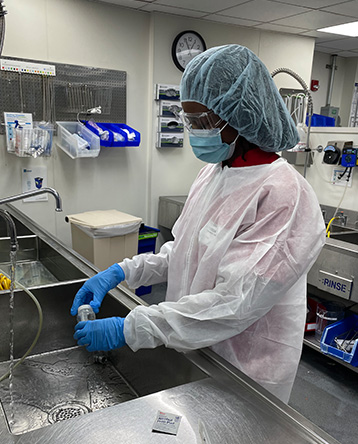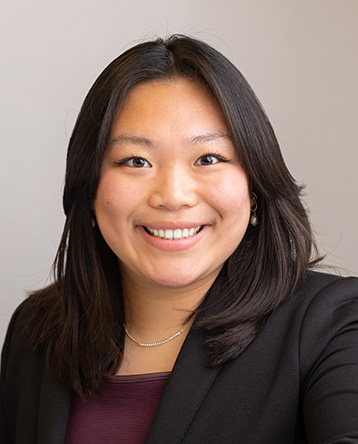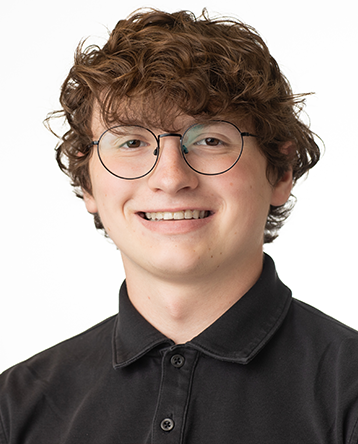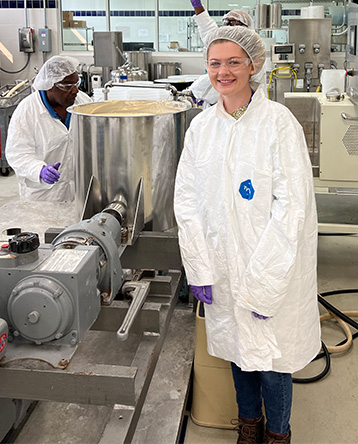Recent undergraduate summer internships
Read how these students connect their courses to their internships and their internships to careers.
Practical Internships for Senior Chemical Engineering Students (PISCES)
The chemical engineering department's Practical Internships for Senior Chemical Engineering Students (PISCES) program facilitates one-year internships with industry partners.
After finishing their junior year, students have the opportunity to join an industry partner for up to 14 months, earning professional employment experience. During the program, students do not pay tuition to CMU. However, their student status is protected by registering for a zero-credit course. Students then return to Carnegie Mellon for their senior year to take their final two semesters of classes.
Industrial members of the Chemical Engineering Advisory Board are strong supporters of the program, with some noting they only hire co-ops. Companies with well-developed co-op programs put their PISCES students through a three- or four-position rotation (e.g., safety, operations, design). Other companies have indicated that they assign students to projects and ensure they have the chance to participate in more than one.
Is PISCES for you?
Since the inception of PISCES in 1997, the program has proved to be highly successful. Students return for their senior year much more mature and ready for the capstone coursework awaiting them. PISCES is an excellent addition to a student's resumé and makes for a great talking point during industrial interviews. Students may also be pleasantly surprised by the compensation companies are willing to offer PISCES program participants.
Note: This program is optional, not mandatory. This program does add one year onto the student's anticipated graduation date and may not be right for everyone.
Ready to apply?
If you are interested in taking advantage of this unique opportunity, please contact PISCES advisor Professor Ignacio Grossmann for information on how to apply.
Students will be asked to fill out an application, write a statement of objectives, provide transcripts, and provide letters of recommendation. Faculty will contact and negotiate with companies as needed. However, the line of communication usually takes place directly between the company and the student. If a student has industry contacts or a preferred company, they are encouraged to reach out to see if any opportunities are available.






